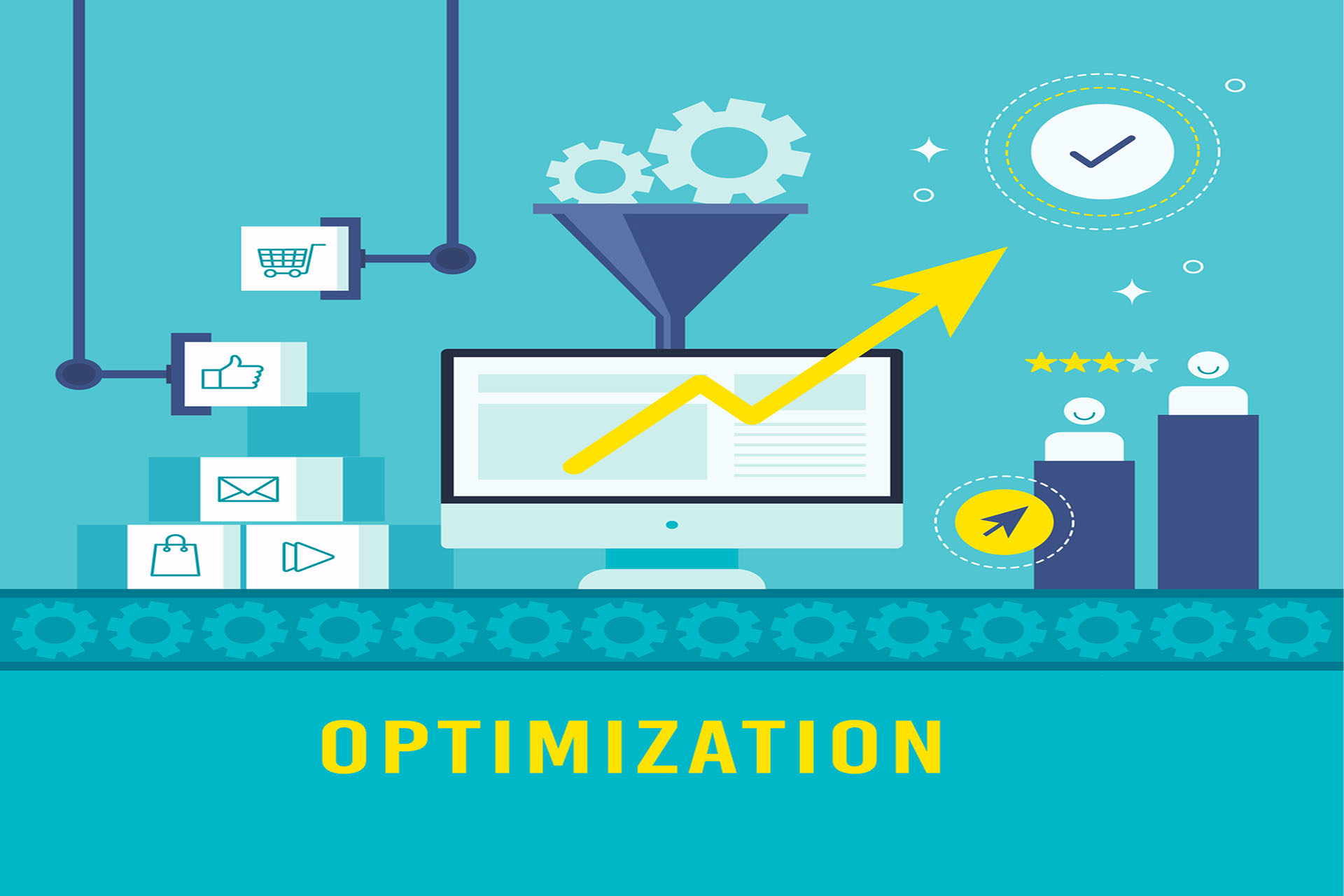
If you own, manage, profit from or promote content offered online through Google Search, you can take advantage of this guide. Whether you’re a growing business owner, a multi-website owner, a research engine optimization specialist in an agency’s web search engine, or an expert in optimizing your own search engine and fascinating Google’s search mechanisms, you can take advantage of this guide.
And if you want a full overview of the basics of improving search engines according to our best practices, you’re in the right place. This guide does not provide any secrets that will automatically give your website the first place on Google’s search engine, but by following the best practices outlined in it, we hope it will become easier for search engines to crawl, index and recognize your website’s content.
Search Engine Optimization (SEO) is often minor modifications to parts of your website. When presented individually, these changes will look like incremental improvements, but when combined with other enhancements, they can have a tangible impact on your website’s performance in the free search results and user impressions. You may be familiar with many of the topics in this guide because they are a key component of any web page, but you may not be the most useful.
A website should be designed to provide user benefit, and any improvement should be aimed at making the user experience better. These users include search engines that help other users discover content you post.
The goal of the Search Engine Optimization process is to help the Search Engines understand and display content.
Your website may be smaller or larger than the one we use as an example and offer a very different content, but the improvement topics we cover in this guide apply to websites of different sizes and types. We hope our guide will give you some new ideas on how to improve your website.